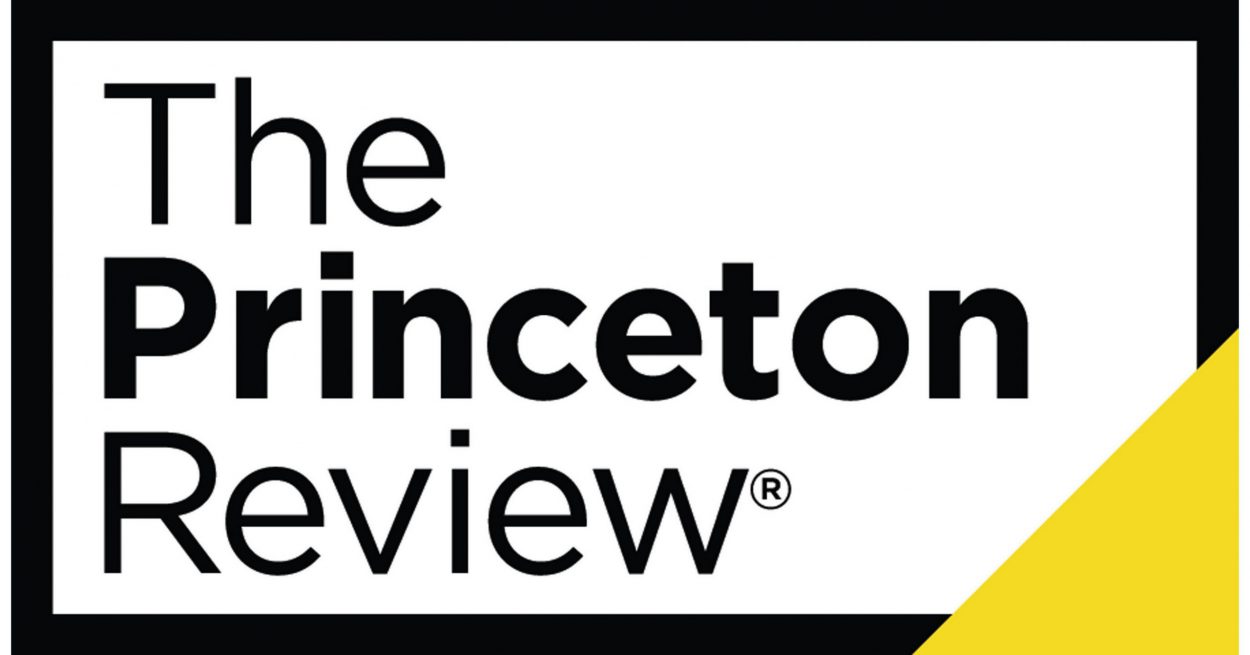This ongoing article series has highlighted students who have conducted notable research in the science, technology, engineering or mathematics (STEM) fields throughout the semester. Now, it will highlight students who plan to take their love for science into the summer in the form of research, an internship or fellowship.
Devin Calpo

Rising senior Devin Calpo plans to continue his internship with the Virginia Tech Hampton Roads Agriculture Research Center. He will work under the tutelage of Dr. Alejandro Del-Pozo, assistant professor of Entomology. His work will include the study of various insects, such as ambrosia beetles and the red-headed flea beetle. Calpo said, “In the summer, I work heavily with the ambrosia beetle and will be tasked with setting up trials, monitoring sites, and helping formulate more experiments for the department. “He will travel frequently to Winchester, Va. for various observations. Calpo said,” The best part is the science that I do at the research center directly impacts growers who need to have the optimal product to sell on the market.” The aspect he enjoys most about this research is being able to experience a tangible impact from the work he is completing.
Breanna Wimbush

This summer, rising senior Breanna Wimbush will be attending a Research Experience for Undergraduates (REU) at Cornell University in Ithaca, N.Y. The program is entitled “Microbial Friends and Foes.” The REU will last the majority of her summer with 10 weeks in the laboratory. She will be working under Dr. Tobias Dörr, assistant professor of Microbiology. His research primarily focuses on how bacteria are able to build and maintain healthy cell walls that are resistant to antibiotics. The research employs cell biology, bacterial genetics and biochemistry to aid in the study of cell envelope remodeling. Wimbush said, “The research will also be focusing on four major aspects of cell wall biology: regulation of cell wall hydrolases (enzymes that can degrade the cell wall), mechanisms of tolerance to beta lactam antibiotics (antibiotics that kill bacteria), cell wall stress sensing, and outer membrane permeability barrier.” At the completion of the program, she will be completing a research project within the subject area focusing on how bacterial cell walls acquire resistance to antibiotics.
Erin Foreman

This summer, rising senior Erin Foreman will be completing a ten-week internship with National Oceanic and Atmospheric Administration (NOAA), Narragansett Bay National Estuarine Research Reserve, and the Audubon Society of Rhode Island. She will be working on nesting surveys for saltmarsh sparrows. The saltmarsh sparrow has been referred to as the “canary in the coal mine,” in regard to sea level rise. Prudence Point has been found to be one of the greatest nesting habitats for the bird in all of R.I. Foreman said, “ One of the most exciting parts is there haven’t been any in-depth surveys done at the site yet, and I get to be the first to do it!” She emphasized how monumental this opportunity this, as there are very few places where this type of data has not been recorded yet. During her internship, she will learn how to capture and brand breeding adults, find nests in the marsh and track nesting success rates through hatchling observation and measurement. Foreman said, “This is the job of my dreams, and if all goes well, this could later translate into a master’s or even PhD program!”
Abigail (Abby) Peterson

Rising senior Abby Peterson will assess the hearing capabilities of yellow-bellied sliders from Lake Taylor. She will be using animal collection traps to collect the turtles and transport them into the Aquatics Center in the Greer Environmental Sciences Center. She will be working under the mentorship of Dr. Soraya Bartol, professor of Marine Biology. The turtles will be fed pellet food and kept in large holding tanks equipped with state-of-the-art mechanical and biological filtration during the trials. All protocols will be strictly adhered to. Previous research has shown that yellow-bellied sliders have ears specially equipped for underwater environments but not suited for terrestrial environments. Peterson said, ”To test hearing capabilities in these sliders, we are going to use a conditioning procedure that allows the turtles to associate/understand the presence or absence of an acoustic signal.” Food will also be part of this conditioning and will somewhat play a part in which is the most successful in boosting acoustic abilities. Trials will be conducted at randomized frequencies and mathematical errors will be corrected as to whether or not the turtles heard the signal. The turtles will hit a response key indicating the presence or absence of a signal, which will be developed during experimental conditioning.
Whether during the academic year or during the summer break, science is always prevalent to students. Summer experiences help to mold the research and post-graduation interests of students. Many also choose and solidify higher education pathways based on the scientific opportunities they encounter during their time away from campus.
By: Jack Palmer
jrpalmer@vwu.edu


